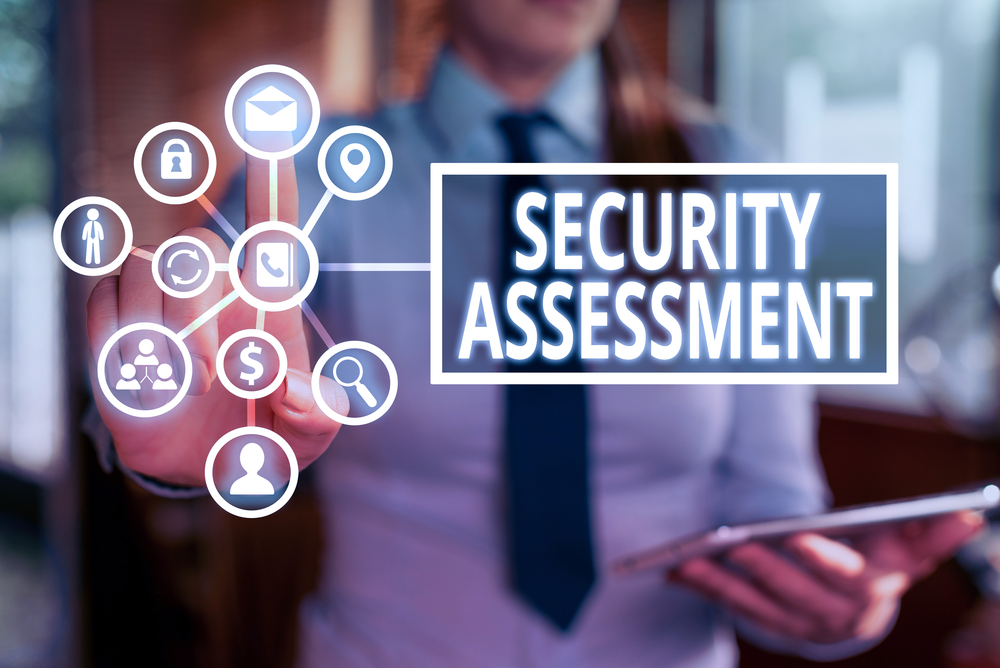Many people are already saying that remote work will be the legacy of Covid-19. Many statistics say that remote work has exploded since the beginning of the pandemic, and that change is probably a permanent one. After all, remote work is easier for most people because it lets them work in the privacy of their homes. Not only that, but some studies even suggest that remote workers are more productive overall. Still, a remote work program will require a dedicated security plan. Today, we will attempt to help you construct such a plan.
1. Force Your Employees To Access The Network Securely
Good network security shouldn’t just be a suggestion…it should be mandatory. The whole company can suffer as a result of one person’s mistake, so this is perfectly fair. It is also necessary because the average person doesn’t practice good network security in their home. This nearly always translates to the use of a good VPN network.
To be fair, the average person doesn’t need the best security, but corporate networks certainly do. If one of your employees logs onto your company network through an unsecured network, their data can potentially be intercepted. This includes login details that can be captured through a keylogger. Thus, you need to make it so that no one can access your company network without using a VPN.
2. Educate Your Employees About Proper Caution
On the subject of VPN networks, we should mention that they are not 100% foolproof. They are secure if used correctly, but there are several ways in which hackers can trick people into giving up their login credentials. The U.S. Government recently released an alert regarding a new method that hackers are using to get past VPN restrictions.
Usually, the hacker will start by targeting a particular employee and learning as much about that person as possible. Social media makes this process pretty easy in most cases. With that done, they will then make a phone call. They will usually claim to be a member of the company’s IT department, and they will then direct the victim to click on a link before entering their VPN login info. Unfortunately for them (and you), that page will be a fake one. Worse yet, it will have an embedded keylogger, enabling the hacker to capture any information that is entered. Even multi-factor authentication cannot defeat this method.
This is just one example of how hackers take advantage of tech ignorance. In the end, the only cure is education. The good news is that many of these scams are easy to detect…but only if you know how to spot them. First of all, you should never click on a link of that kind, as that is not the correct way to log in. An IT team member wouldn’t need you to do that anyway, so a little common sense can go a long way.
3. Consider Using A CASB
Remote work projects will usually make use of the cloud since it is the easiest way to do this kind of thing. However, cloud security is not guaranteed in most cases. Some of the low-end cloud providers will not be any more secure than a standard home network, and that is not acceptable.
One common solution is to use a cloud-access security broker, or CASB for short. This creates a “middle-man” between the users and the cloud environment itself. There are several ways to deploy this kind of system, but all of it comes down to one basic thing: CASB software allows you to monitor and control every connection to the VPN network. Thus, if something suspicious is going on, you can shut it down immediately.
4. Use A Proprietary Server
When you have people working from home, they will most likely be using their home network to connect to yours. This is where we run into a problem because of all the different servers that might be involved. Even if the employee is conscientious enough to secure their home computer thoroughly, it won’t do much good if they are connecting through a non-secure server.
As long as you use outside servers, this problem will always remain. However, you can at least mitigate the problem by setting up your own proprietary server. These can be configured with all the right security measures (firewalls are particularly important here) and equipped with any hardware that might be needed.
5. Make A Whitelist Of Applications
Third-party applications can sometimes represent a major security hole, and it is similar to the server problem. Even if your employees are doing everything right, a poorly-secured app can serve as a gateway for malicious actors. At the same time, your employees will surely need third-party apps for some of their work. For instance, many people use spell-checking or grammar-checking software, and these apps may not be configured with security in mind.
The best thing to do is have your IT experts evaluate all of the apps that your employees are using. Using your server’s firewall , you can then “whitelist” all of the applications that are deemed to be safe. Obviously, the unsafe ones will be placed on the block list. This one might cause a little bit of inconvenience, but it’s well worth the extra security that you gain.
6. Don’t Allow All Devices To Connect
People access the internet through a wide variety of devices, but not all of them should be allowed on your company network. Unsecured devices can also serve as a gateway for intrusion, and should be disallowed.
Some companies have “BYOD” (bring your own device) policies, but there is one problem with this idea: Sooner or later, that device will leave the approved user’s possession. It might be given away to someone else, sold, stolen, or who knows what else? At that point, your security has been compromised. That’s why you should only allow approved devices to use your private company network.
Conclusion
There are many other things you can do to tighten your organization’s security, but these are a few of the more important ones. Some companies have lost huge amounts of money due to data breaches, and some have even gone under as a result. Chances are, you really don’t want this to happen to you, and that’s why you should follow the advice given above. While you’re at it, you might also want to fill out the contact form below. That will allow PCH Technologies to help you secure your business with more informative articles like this one.





